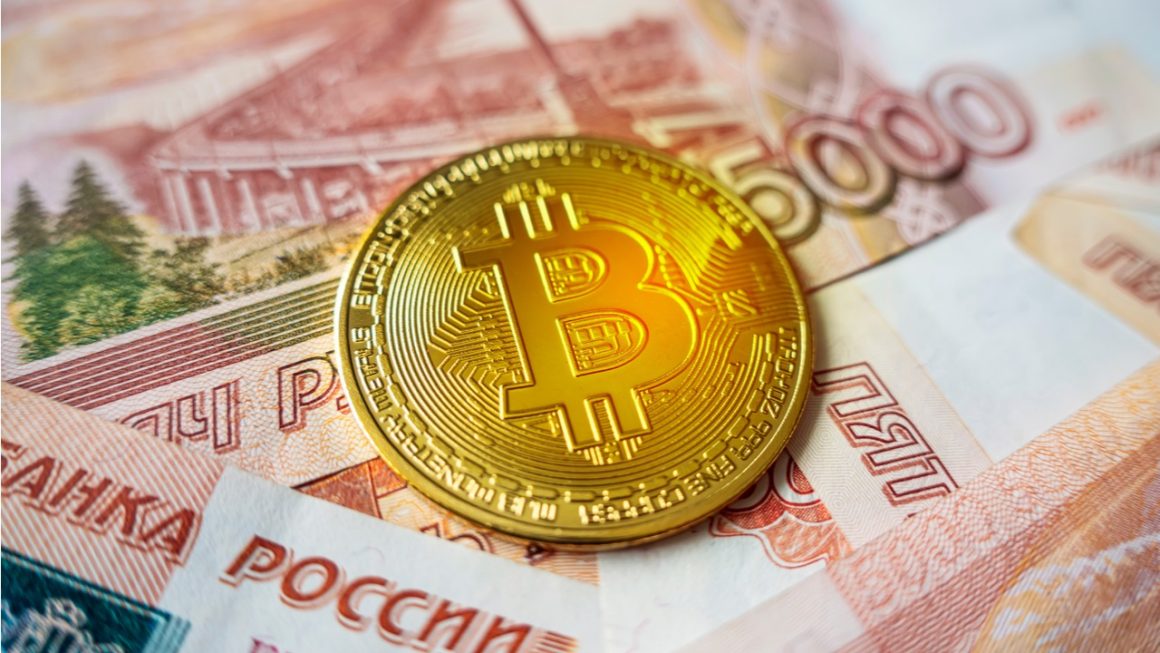Russian lawmakers have approved amendments regulating taxation of transactions with digital assets. The law relates to business operations with cryptocurrencies and tokens. In some cases, the burden on Russian companies will be reduced compared to foreign companies.
Russia’s lower house of parliament passed a law to tax crypto transactions
Abillamending the Russian Federation’s tax code to allow authorities in Moscow to tax operations with digital financial assets (DFA) has been approved by the State Duma, the lower house of the Russian parliament, after second, third, and final reading.
The law clarifies various aspects of the taxation of cryptocurrencies, as DFA is currently the main term in Russian law applicable to cryptocurrencies. The new law “On Digital Currency” should expand the legal framework and definition of crypto assets this fall.
According to a document cited by crypto news outlet Forklog, services provided by platforms that keep records of the issuance, management, and movement of DFA will be excluded from the scope of value-added tax (VAT) in the same way as securities.
When exercising digital rights, a legal term that encompasses security and utility tokens, the tax base will be determined as the difference between the sale and acquisition price of the respective digital rights, the report detailed.
Russian legal entities that own digital tokens will pay 13% on the amount of income received from digital tokens, while foreign-based companies will be charged at the higher 15% rate, according to new tax rules, giving local giving a slight advantage to local companies.
The crypto tax law was initially submitted to the National Assembly in mid-April and passed on first reading the following month. It was also approved by the Parliament’s Financial Markets Committee and the new Legislative Committee. At the time, legal experts were quoted as noting that the tax law did not apply to individual crypto holdings.
Russian authorities have been working this year to comprehensively regulate the country’s crypto space; the adoption of a digital currency law proposed by the Ministry of Finance in February has been delayed by ongoing debate over the future legal status of decentralized cryptocurrencies like bitcoin.
Image credit: Shutterstock, Pixabay, Wiki Commons

